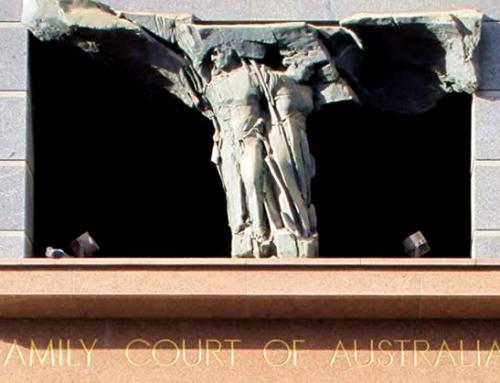By Anita Petrovic.
In January 2023, the government issued a proposal to shift the legal framework underpinning how the Federal Circuit and Family Court of Australia determines parenting disputes.
At the moment, the Court presumes that it is in a child’s best interests for their parents to have equal shared parental responsibility – requiring parents to jointly make major long-term decisions for children, including decisions about their medical care, religious upbringing, and what school they attend (Section 61DA of the Family Law Act 1975 (Cth)).
The presumption does not apply if there are reasonable grounds to be believe that a parent of this child has engaged in abuse of the child or another child in their family, or family violence. The presumption can also be rebutted if it would not be in the best interests of the child for equal shared parental responsibility to apply.
The Court determines what is in a child’s best interests by looking at the 16 considerations set out in Section 60CC of the Act, including the two primary considerations of the benefit to the child in having a meaningful relationship with both parents, and the need to protect the child from harm including from being subjected or exposed to family violence, abuse or neglect.
If the presumption is held to apply, then the Court is required to consider the child spending equal time between the parties if it is in their best interests and reasonably practicable; and if not, to consider the child spend substantial and significant time if it meets the same conditions (Section 65DAA of the Act).
The proposed amendments of the Labor government would do away with this framework in a bid to simplify the steps that a Court is to take in determining parenting disputes. The key features of the proposed amendments in this regard are:
- The removal of the presumption that it is in children’s best interests for their parents have equal shared parental responsibility.
- The condensing of the factors that a Court will consider in determining a child’s best interests to only 6 to 7 factors as follows:
- What arrangements would promote the safety of the child and each person who has parental responsibility for the child (‘carer’) (typically the child’s parents).
- Any views expressed by the child.
- The developmental, psychological and emotional needs of the child;
- The capacity of each proposed carer to provide for the child’s developmental, psychological and emotional needs, having regard to the carer’s ability and willingness to seek support to assist them with caring;
- The benefit to the child of being able to maintain a relationship with both of the child’s parents, and other people who are significant to the child, where it is safe to do so;
- Anything else that is relevant to the particular circumstances of the child.
- For Aboriginal and Torres Strait Islander children, the child’s right to enjoy their culture by having the opportunity to connect with and maintain their connection with their family, community, culture, country and language; and the likely impact any proposed parenting order would have on that right.
It will be interesting to see whether these proposed reforms become law. Watch this space.
For more information about these proposed changes, please see: https://consultations.ag.gov.au/families-and-marriage/family-law-amendment-bill/user_uploads/fact-sheet-family-law-amendment-bill-2023.pdf
To discuss your own matter please contact one of our family law specialists.
Tiyce & Lawyers – we’re here when you need us.






